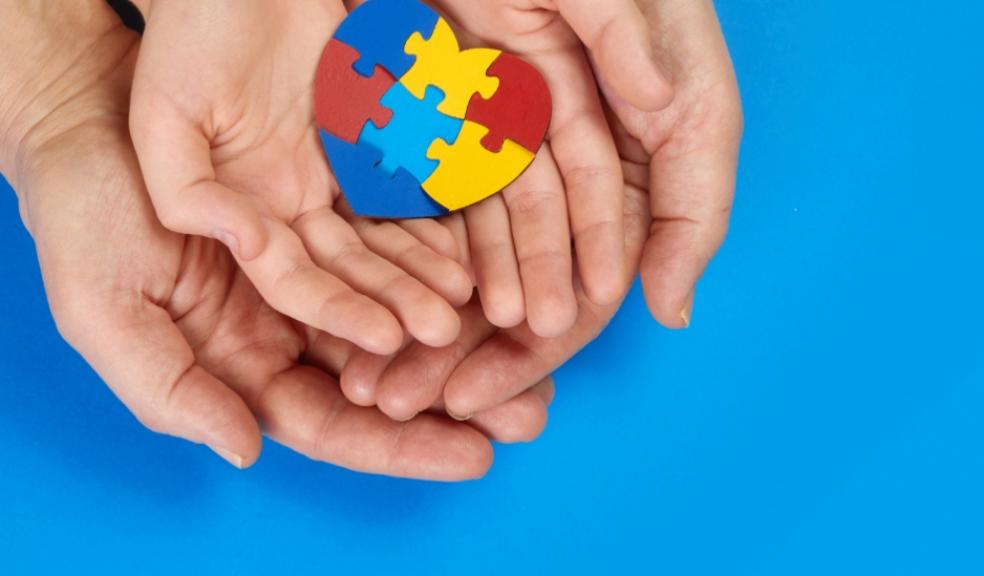
Life After Lockdown: The effects of the COVID-19 pandemic on children’s mental health
Life After Lockdown: The effects of the COVID-19 pandemic on children’s mental health
- Almost half (42.8%) of 11–16-year-olds feel that lockdown has made their life worse (NHS)
- In 2020, one in six (16%) children aged 5 to 16 years were identified as having a probable mental disorder (NHS)
- The global estimates of child and adolescent mental illness observed in the first year of the COVID-19 pandemic indicate that the prevalence has significantly increased and remains high
The Covid-19 pandemic created significant uncertainty, fear, and anxiety for UK families. An NHS study found that almost half (42.8%) of 11–16-year-olds felt that lockdown had made their life worse, while three quarters of parents believed the pandemic had a negative impact on their child’s wellbeing.
Legal & General (L&G) has partnered with child psychologist Dr Angharad Rudkin to explore the effects of anxiety in children as they develop and how life events such as a global pandemic can be a catalyst for anxious behaviour.
According to Dr Rudkin, all children will experience anxiety at some point. It is an essential part of the growing up process and helps them to understand themselves and the world better. However, in 2020 16% of children aged 5-16 years were identified as having a probable mental disorder. For those children already with a mental disorder, the pandemic heightened their symptoms. She comments: “As the pandemic worsened, children’s anxieties increased as they worried about becoming ill, their parents or grandparents dying, missing out on social life, not doing well at school and generally feeling dislocated from usual life”
When asked whether the pandemic has increased the number of children suffering from anxiety in the UK, Dr Rudkin said ‘Yes. Definitely. Anxiety is a response to a perceived threat and now we have lived through the pandemic, the threat of it happening again will remain present’. She also emphasised how family systems can be extremely influential on children and how stressed or anxious parents can filter this down.
Being a parent is challenging enough, however the pandemic added another layer of uncertainty for Mums and Dads across the UK. This pandemic-induced anxiety has had a long-lasting effect, with 72% of adults deciding to delay having a new baby or adding to their family since March 2020. Legal & General found attitudes towards parenthood have dramatically changed, with many (34%) citing the potential impact of lockdown on babies as a reason for delaying parenthood (followed by financial concerns (30%) and new perspectives on life (22%) after the pandemic as other crucial reasons).
At times of anxiety, most children look to their parents for support, reassurance, and advice. When parents themselves feel anxious, it can be harder to soothe their children and organise family life. Legal & General partnered with Dr Angharad to provide some expert advice on how to support an anxious child.
How to support an anxious child
-
Stay calm and rational
The most important thing you can do to help your child with their anxiety is to role model calm, collected, rational responses. Children learn by watching and imitating. If they see you manage your own anxiety, they will be more likely to manage theirs.
-
Dedicate some ‘worry talk’ time
It is very common for children to start talking about their anxieties at night-time before bed. This is often not an ideal time, so agree with your child a set time for ‘worry talk’ in the day. If worries come up at any other time of the day and you can’t attend to them, both of you know you have the dedicated slot for chatting about all things worrying.
-
Don’t avoid the conversation
By avoiding anxiety-provoking situations, your child will never learn that they can cope and that it usually turns out okay. Just as baby birds need to be nudged out of their nest to discover that they really can fly, you may also need to nudge your child into anxiety-provoking situations for them to realise they really can cope.
Legal & General has released further information on the effects of anxiety in children and advice on how to best support an anxious child. You can view the research here: https://www.legalandgeneral.com/life-cover/articles-and-guides/family-life-and-care/anxiety-in-children/
Cover photo By nambitomo on Canva














